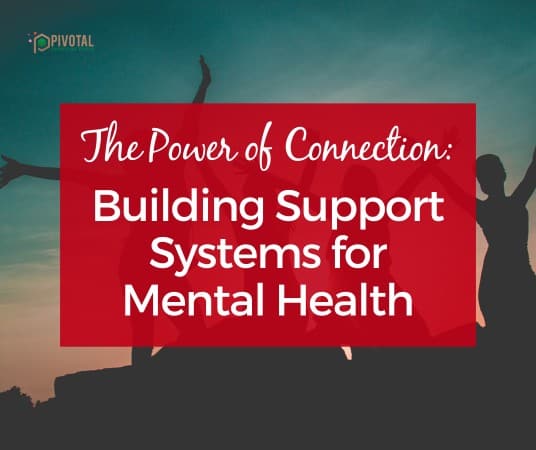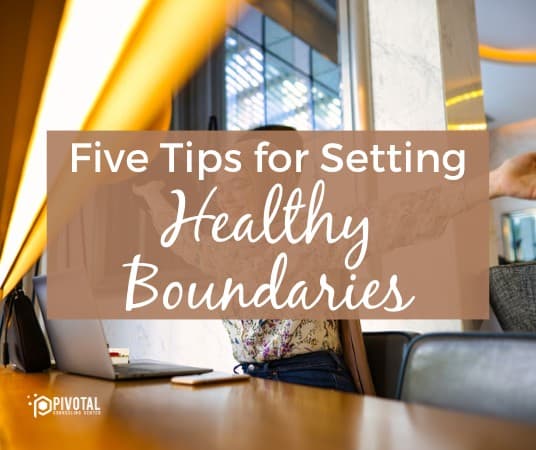
No matter how much you might want to avoid it, there is going to be a day when your teen starts to date. Maybe they’ve swooned and crushed on cute classmates or friends before, but there will soon come that time when they will enter into a formal relationship. It’s going to be a hard day, that’s for sure, but it’s going to come. You just need to be prepared to take it all in, especially when it comes to the addictive world of texting.
How Texting Impacts Teen Relationships
It’s no secret that teens – especially teens in love for the first time – are going to want to be texting each other constantly. It means even more screen time, unfocused conversations with family members (including you, as the parents), and maybe even their full absence, as the teen goes into their room to text their new partner.
The impact is bigger now more than ever when it comes to texting within relationships. Texting can lead to attachment issues, anger issues, anxiety, and more. Texting and teen relationships can be a slippery slope, and it’s your job to monitor it and your teen.
How to address texting with your teen
We all want our teens to be in healthy relationships, and addressing the role texting plays is critical to that. The most difficult part is actually having the conversation. Teens will throw their own tantrums when you try to make them put the phone down, of course, but there are ways to address it to avoid those issues and still get your point across.
Don’t allow cell phones in their room at night:
This is more than reasonable, even if your teen disagrees. Your teen needs their sleep and staying up all night texting their partner is not a good habit to get into. Lack of sleep leads to issues with energy and emotional health, too.
Make them put their phones away at the table:
Whether eating, enjoying a cup of coffee or doing homework, make the dinner table a cell phone free zone. This helps your teen understand that their lives can’t revolve around their phones, and it helps you make sure they are not glued to them constantly, too.
Have open conversations with them about what’s okay and not okay:
Make sure your teen knows that they are still in control of themselves even when in a relationship and texting their partner. Make sure you remind your teen about the importance of avoiding sexting or sending nude photos to their partners via text. You can also explain that even if their partner texts them back after 5 seconds, they can put the phone down and answer later. Essentially, make sure your teen understands that there are boundaries.
What to Watch Out For
When it comes to teens, cell phones and relationships, there are some potentially dangerous behaviors to watch for. When these come up, it could mean that you need to intervene by temporarily taking away their phones or at least keeping a closer eye on your teen’s life and overall health.
Being glued to their phones:
If your teen’s cell phone is practically glued to their hand, you might want to repeat the conversation about boundaries. It means that, for whatever reason, those boundaries are being ignored and this can lead to bad results down the road.
Deleting texting history:
If your teen deletes their message history with their boyfriend or girlfriend, it’s also something suspicious. It means they’re saying or doing something they shouldn’t, and they don’t want you to see. While every teen relationship is going to demand privacy and space, there’s a difference between wanting that privacy and keeping secrets and doing bad things that can include unhealthy behaviors, attachments, and expectations.
Anxiously checking their phone every 5 seconds:
If your teen is constantly checking their messages every 5 seconds, it’s something to watch for. But, if your teen is stressed and anxious, checking their phone more because they’re expected to, it’s another serious call for concern as it’s now stretched into unhealthy behavior and attachment.
There’s nothing easy about monitoring a teen and their cell phone during a new relationship, but it’s critical to their health and safety. Healthy boundaries will allow them to enjoy the relationship and still maintain their own lives at the same time.









